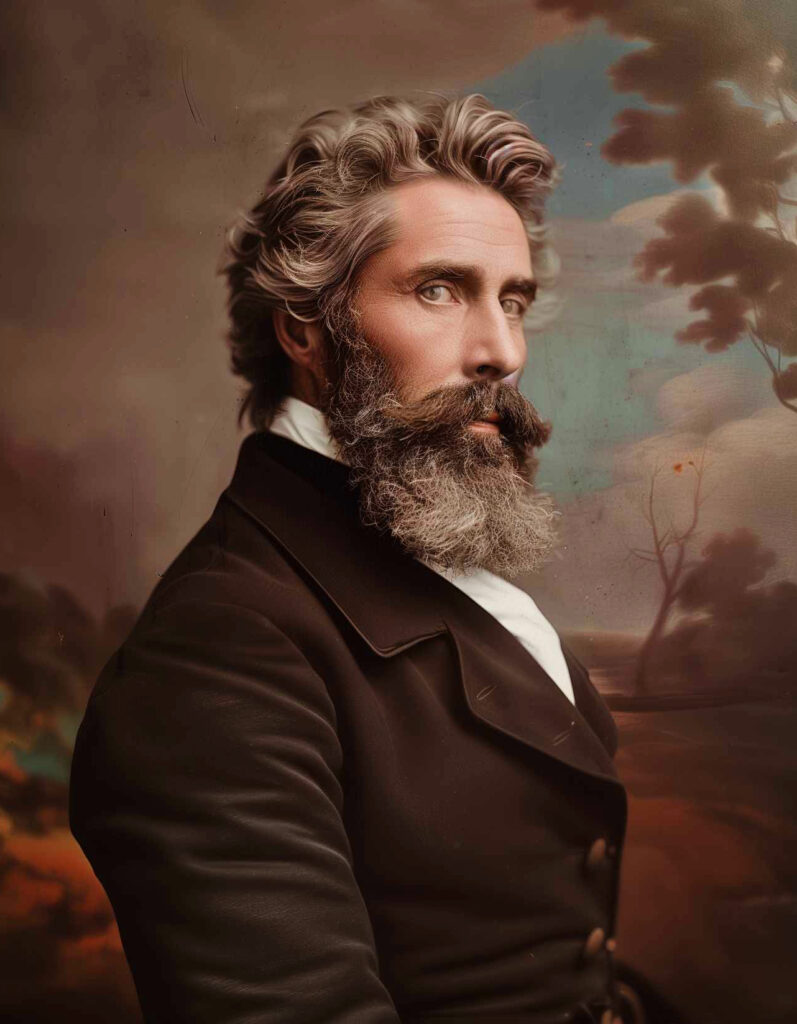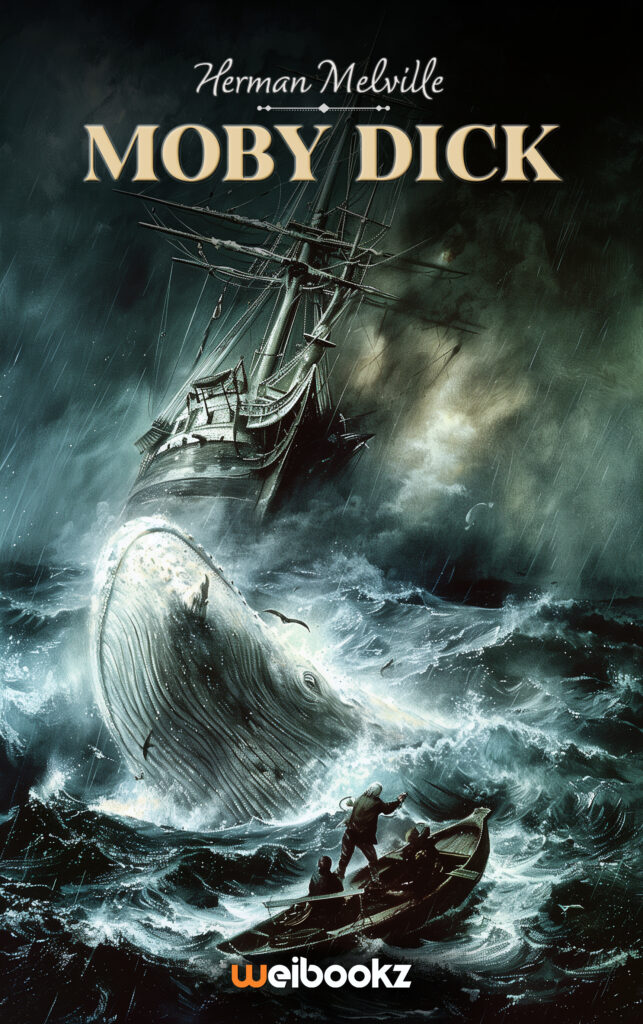
Herman Melville
Herman Melville is a giant of American literature.
Though his early life was comfortable, his father’s death plunged the family into financial hardship.
This hardship would shape Melville’s future, leading him to seek adventure at sea.
Melville’s seafaring experiences were the wellspring of his most famous works.
In 1839, he first took to the sea as a merchant sailor, followed by a stint on a whaling ship.
During this whaling voyage, he famously jumped ship in the Marquesas Islands, an event that inspired his first successful book, “Typee” (1846).
“Typee” was a romanticized account of his experiences in Polynesia.
Melville’s literary career flourished in the early 1850s.
He achieved national recognition with novels like “Moby-Dick” (1851), a masterpiece that explores themes of obsession, revenge, and the nature of good and evil.
However, his later works were not as commercially successful.
By the 1860s, Melville’s literary fame had waned.
He faced financial difficulties and turned to a more secure career as a customs inspector in New York City.
Despite the demands of his new job, Melville continued to write, primarily poetry.
He passed away in 1891, largely unrecognized for the literary genius he was.
Melville’s true recognition came only in the 20th century.
Today, “Moby-Dick” is considered one of the greatest American novels ever written, and Melville is celebrated as a profound and influential voice in American literature.

